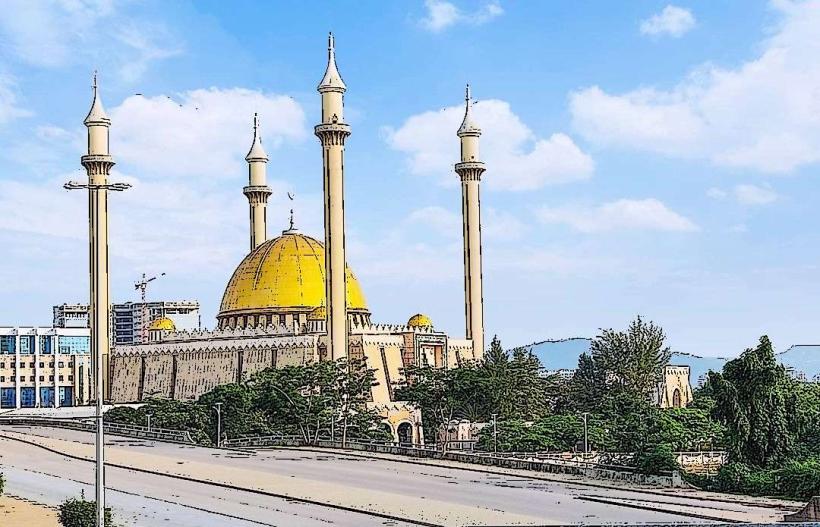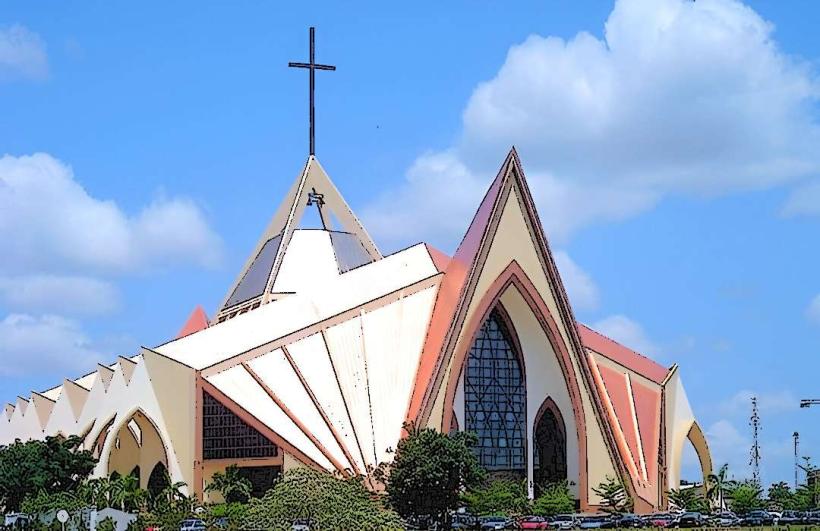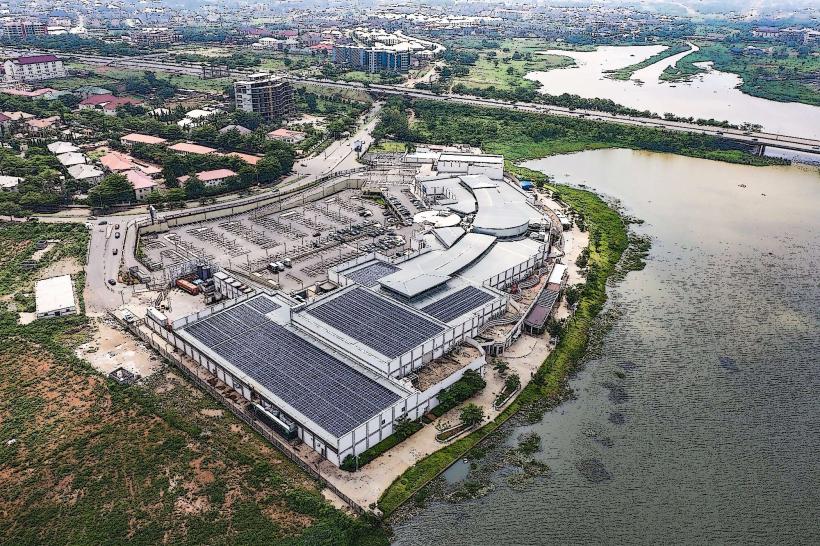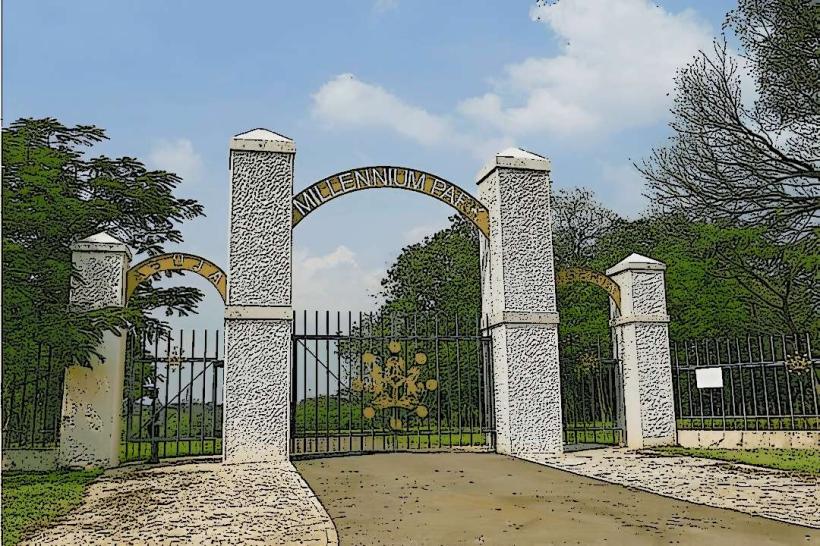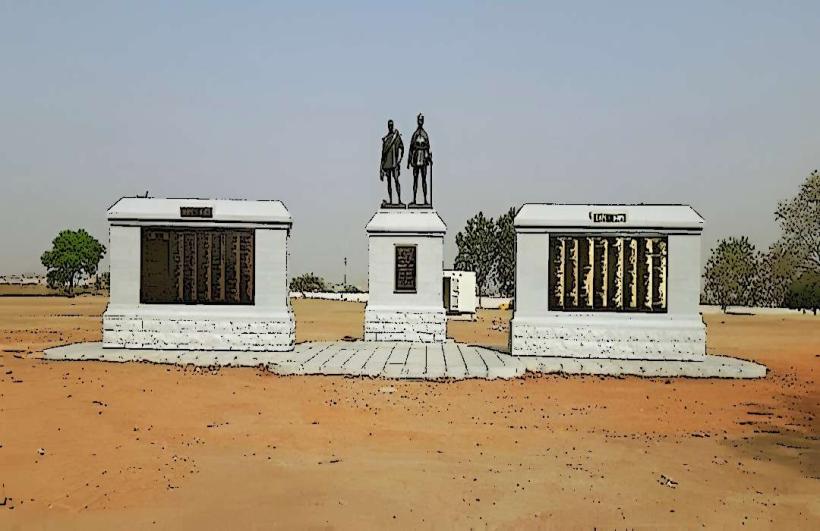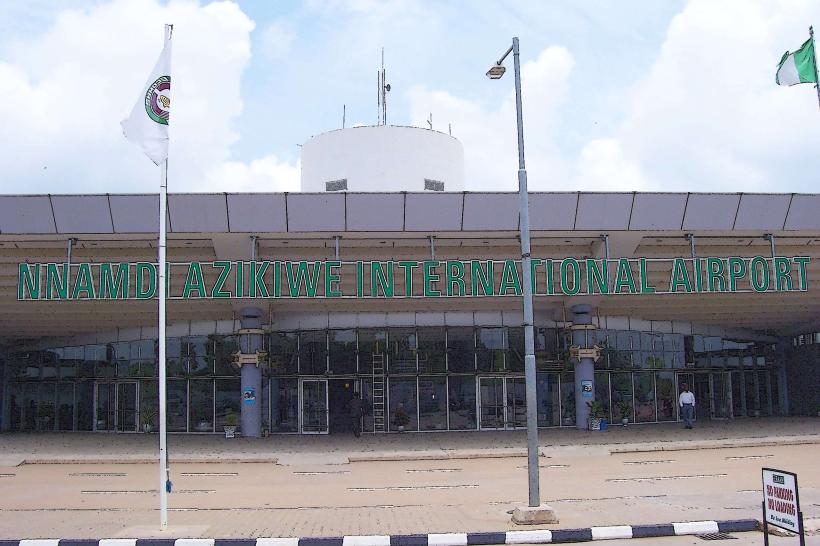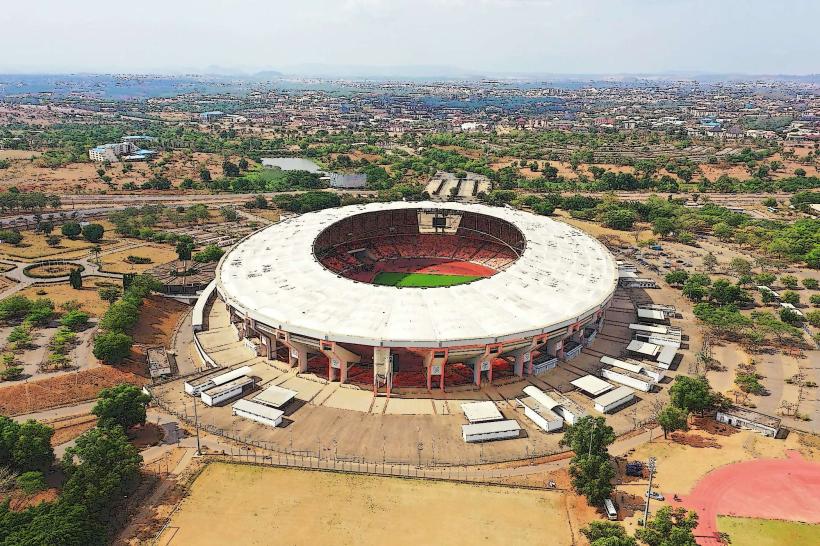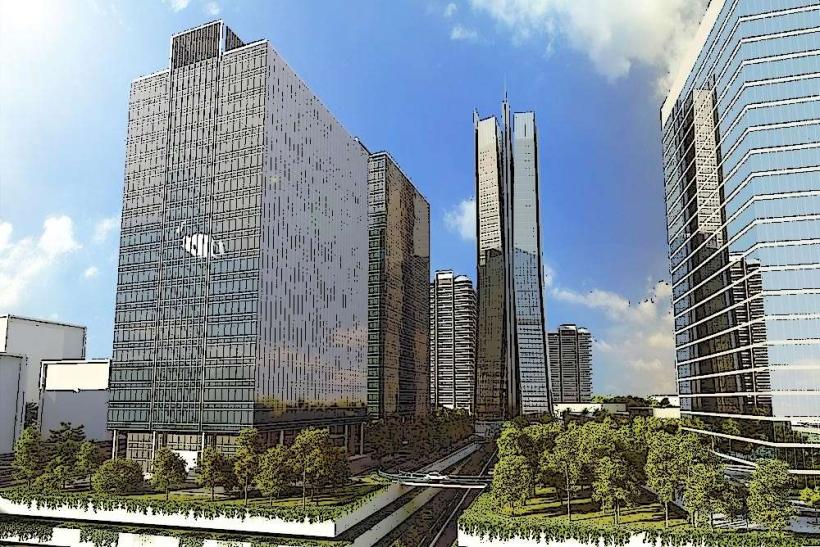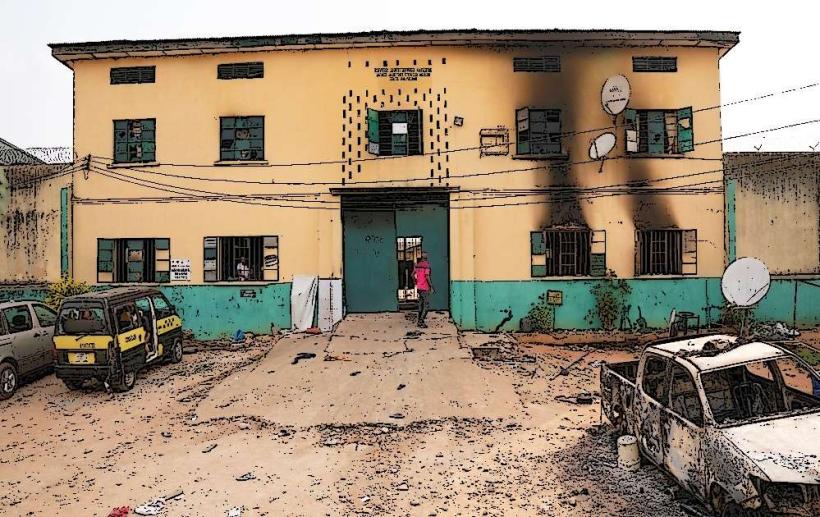Information
Landmark: Federal Secretariat ComplexCity: Abuja
Country: Nigeria
Continent: Africa
Federal Secretariat Complex, Abuja, Nigeria, Africa
Overview
The Federal Secretariat Complex Abuja is the largest administrative center in Nigeria, serving as the headquarters for numerous federal ministries and government agencies. It is a cornerstone of the nation's public service structure and is located in the Three Arms Zone, within the Central Business District of Abuja.
It is one of the most important government buildings in Nigeria due to the high concentration of administrative functions carried out there.
Location and Accessibility
Address: 3G52+H72, Shehu Shagari Way, Central Business District, Abuja
Geographical Zone: Located in the heart of Abuja, within walking distance to:
The National Assembly Complex
Presidential Villa (Aso Rock)
Supreme Court of Nigeria
Eagle Square
National Mosque
This proximity facilitates smooth coordination between the legislative, executive, and judicial arms of government.
Transport Access: Easily accessible via major roads like Constitution Avenue and Shehu Shagari Way. Ample parking space is available. It is serviced by Abuja's public transport network and taxi systems.
History and Development
Construction Period: Built in the 1980s and early 1990s
Initial Purpose: Conceived during the military era to centralize federal operations when Nigeria moved its capital from Lagos to Abuja
Expansion: Additional blocks and towers were constructed in phases as new ministries and agencies were established
Architecture and Layout
Total Area: Covers several hectares of prime real estate in the city center
Design: Modernist institutional style; concrete, steel, and glass structures
Structure: The complex consists of three main phases (Phase I, II, III), each with multiple blocks identified by letter (e.g., Block A, B, C... up to F and beyond)
Number of Blocks: More than 12 major blocks, each housing multiple departments or entire ministries
Floors: Varies between 5 and 12 floors, depending on the block
Facilities:
Air-conditioned office spaces
Conference and board rooms
Ministerial suites and permanent secretary offices
Secure document storage and archival rooms
Cafeterias and service outlets
Multi-level car parks
Fire protection and security systems
24/7 security patrols and surveillance
Each block is equipped with elevators and accessible staircases. Some blocks have helipads for ministerial and emergency use.
Key Federal Ministries and Departments Housed
The following ministries have their national headquarters within the Federal Secretariat Complex:
Federal Ministry of Education
Federal Ministry of Health
Federal Ministry of Labour and Employment
Federal Ministry of Women Affairs
Federal Ministry of Environment
Federal Ministry of Youth and Sports Development
Federal Ministry of Interior
Federal Ministry of Mines and Steel Development
Federal Ministry of Trade and Investment
Federal Ministry of Special Duties and Intergovernmental Affairs
In addition, several parastatals, directorates, and regulatory agencies are located within the Secretariat.
Role and Function
The Federal Secretariat Complex is:
The Administrative Nerve Center of the Federal Government: It is the primary location where national policy is implemented and coordinated across various ministries.
A Bureaucratic Hub: Thousands of civil servants work here, drafting, processing, and implementing government programs and policies.
A Symbol of National Unity: As Nigeria's capital is geographically central and ethnically neutral, the Secretariat represents federal inclusiveness.
A Venue for Government Events: Policy launches, civil service promotions, press conferences, and inter-ministerial briefings are often held in the complex.
Challenges and Modernization
While the Secretariat is functional and vital, it has faced some issues:
Overcrowding: Some ministries outgrew their allocated spaces, leading to the leasing of external office buildings in Abuja.
Aging Infrastructure: Some parts of the older blocks face wear and require periodic renovation.
Traffic Congestion: Peak hours see high inflow/outflow of workers, requiring improved traffic management.
Modernization efforts have included the installation of digital records management systems, biometric security access, and facility upgrades funded through federal capital projects.
Security
Given its importance, the Secretariat is heavily secured:
Operated by: Nigeria Police Force and Nigerian Civil Defence Corps
Features:
Controlled gate access points
Identity screening and visitor logs
Armed patrols
CCTV surveillance
Fire safety systems
During high-risk periods or national crises, military presence can be increased around the premises.
Significance to Nigeria
Represents the bureaucratic heart of the federal government
Essential for inter-ministerial coordination and policy harmonization
Anchors the Central Business District as both a political and administrative center
One of the largest employer locations in the country in terms of civil service concentration


